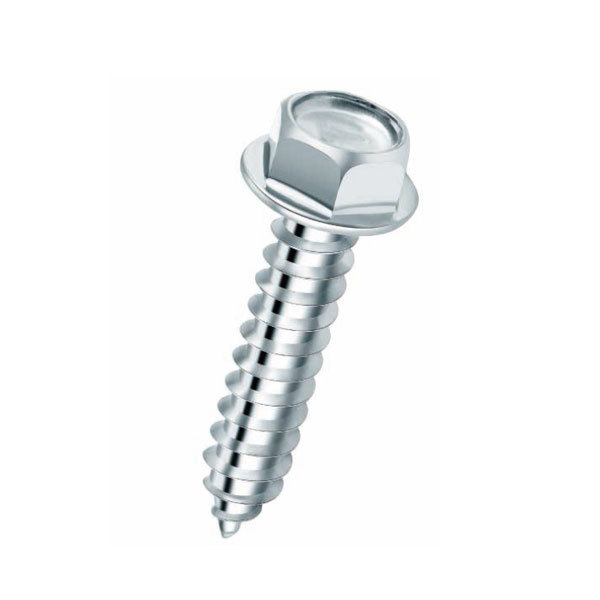Choosing the Right Material for Your Spring Washer Products and Their Applications
The Importance of Spring Washer Materials in Engineering Applications
Spring washers are essential components in various mechanical assemblies, designed to absorb shock, maintain tension, and reduce loosening in bolted joints. Their effectiveness largely depends on the materials used in their construction, which can significantly influence performance, durability, and overall functionality. Understanding the different materials available for spring washers is crucial for engineers and manufacturers in selecting the right component for their specific applications.
Types of Materials for Spring Washers
1. Carbon Steel Carbon steel is one of the most commonly used materials for spring washers due to its excellent strength and fatigue resistance. It is often used in applications where the washers are subjected to moderate temperatures and pressures. The ability to treat carbon steel through processes such as tempering and hardening enhances its resilience, making it suitable for dynamic loads in machinery and automotive applications. However, one downside is that carbon steel may be prone to corrosion, so additional coatings, such as zinc plating or phosphating, are frequently applied to enhance its protection.
2. Stainless Steel For applications that demand higher corrosion resistance, stainless steel spring washers are the preferred choice. Stainless steel, particularly grades like 304 and 316, provides excellent mechanical properties while resisting rust and oxidation. This makes stainless steel washers ideal for marine environments, chemical processing, and food-grade applications. Although they may be more expensive than carbon steel options, their longevity and reliability often justify the cost.
3. Alloy Steel Alloy steel is another popular material for spring washers, particularly in high-stress applications. By combining carbon steel with other elements such as chromium, molybdenum, or vanadium, alloy steel washers can achieve enhanced hardness and strength properties. These washers are designed to withstand higher temperatures and loads, making them suitable for heavy machinery, aerospace applications, and high-performance automotive parts.
spring washer material products

4. Plastic and Composite Materials While metal spring washers dominate the market, plastic and composite materials offer alternatives for specific applications. These non-metallic washers are lightweight, resistant to corrosion, and can be designed to specific tolerances. They are often used in electrical applications where electrical insulation is required or in environments where metal components may cause galvanic corrosion. However, the load-bearing capacity of plastic and composite spring washers is typically lower than that of their metal counterparts.
5. Titanium Titanium spring washers are less common but are used in specialized applications that require a high strength-to-weight ratio and superior corrosion resistance. Industries such as aerospace and medical devices often prefer titanium due to its biocompatibility and ability to withstand extreme environmental conditions. However, the high cost of titanium can be a limiting factor for widespread use.
Selecting the Right Material
When selecting the appropriate material for spring washers, several factors must be considered, including the operating environment, load requirements, and potential exposure to corrosive substances. The choice between cost, material strength, and environmental resistance often dictates the final decision.
In conclusion, the material composition of spring washers plays a pivotal role in their performance and suitability for various applications. Understanding the properties of different materials enables engineers to make informed choices that enhance the reliability and longevity of mechanical assemblies, ultimately contributing to the efficiency and safety of machines and structures. Whether opting for carbon steel for its resilience, stainless steel for its corrosion resistance, or advanced solutions like titanium for specialized needs, careful material selection remains integral to engineering success.
-
Top Choices for Plasterboard FixingNewsDec.26,2024
-
The Versatility of Specialty WashersNewsDec.26,2024
-
Secure Your ProjectsNewsDec.26,2024
-
Essential Screws for Chipboard Flooring ProjectsNewsDec.26,2024
-
Choosing the Right Drywall ScrewsNewsDec.26,2024
-
Black Phosphate Screws for Superior PerformanceNewsDec.26,2024
-
The Versatile Choice of Nylon Flat Washers for Your NeedsNewsDec.18,2024










